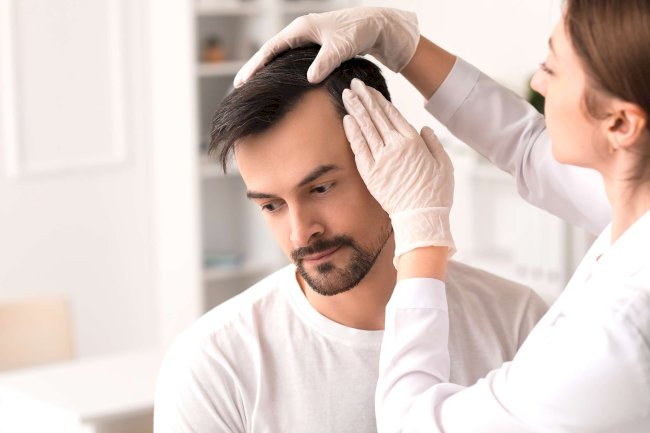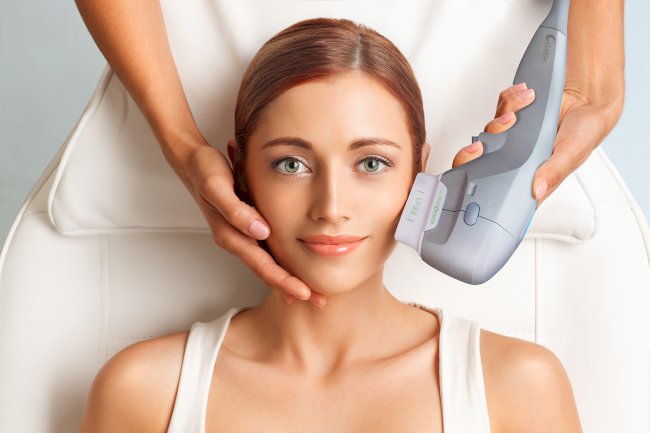Can Barigen 4 mg help regrow hair in alopecia areata?

Alopecia areata (AA) is an autoimmune condition where the immune system mistakenly attacks hair follicles, leading to partial or complete hair loss on the scalp, face, and sometimes other parts of the body. This condition can be highly distressing, impacting a person's quality of life and self-esteem.
Baricitinib (brand name Olumiant), particularly at the 4 mg dose, has shown significant promise in helping to regrow hair in individuals with severe alopecia areata. It is an oral medication that belongs to a class of drugs called Janus kinase (JAK) inhibitors.
Mechanism of Action: How Baricitinib Works
To understand how baricitinib helps regrow hair, it's important to grasp the underlying mechanism of alopecia areata. In AA, certain signaling molecules called cytokines contribute to the immune system's attack on hair follicles. These cytokines rely on the Janus kinase (JAK) family of protein messengers within cells to transmit their signals.
Baricitinib works by selectively inhibiting JAK1 and JAK2 pathways. By blocking these pathways, baricitinib disrupts the inflammatory signaling that drives the autoimmune attack on hair follicles. This reduction in inflammation and immune activity allows the hair follicles to recover and resume the normal hair growth cycle.
Clinical Efficacy and Hair Regrowth
Numerous clinical trials, including the Phase 3 BRAVE-AA1, BRAVE-AA2, and BRAVE-AA-PEDS studies, have demonstrated the efficacy of baricitinib in promoting hair regrowth in both adults and adolescents with severe alopecia areata.
For adults with severe alopecia areata (defined as 50% or more scalp hair loss), the 4 mg once-daily dose of baricitinib has shown impressive results:
Significant Scalp Hair Regrowth: In clinical studies, a notable percentage of adult patients taking baricitinib 4 mg achieved 80% or more scalp hair coverage at 36 weeks. Some even saw 90% or greater scalp hair coverage. Some patients on the 4 mg dose experienced 80% coverage as early as 24 weeks.
Eyebrow and Eyelash Regrowth: Beyond scalp hair, baricitinib 4 mg has also been shown to promote significant regrowth of eyebrows and eyelashes in patients who had substantial loss in these areas.
In adolescent patients (ages 12 to under 18) with severe alopecia areata, the 4 mg dose of baricitinib has also demonstrated strong efficacy, often with faster responses compared to adults:
High Rates of Scalp Hair Coverage: In the BRAVE-AA-PEDS study, 42.4% of adolescents receiving baricitinib 4 mg achieved 80% or more scalp hair coverage at Week 36. This is particularly significant considering these patients often started with near-total hair loss (average of 89% scalp hair loss).
Rapid Response: Approximately 60% of adolescent patients achieved at least 50% hair regrowth at 36 weeks, a milestone that took a year to reach in adult studies, suggesting accelerated responsiveness in younger patients.
Eyebrow and Eyelash Improvements: Similar to adults, a significant proportion of adolescents on baricitinib 4 mg also saw substantial regrowth of eyebrows and eyelashes.
It's important to note that while baricitinib helps regrow hair, it is a treatment for the symptoms of alopecia areata, not a cure. If treatment is stopped, the hair loss may return.
Dosage and Administration
For adults with severe alopecia areata, the recommended initial dosage of baricitinib is often 2 mg once daily. However, for patients with more extensive scalp hair loss or those who do not respond adequately to the 2 mg dose, the dosage may be increased to 4 mg once daily. If an adequate response is achieved with 4 mg, the dose may be reduced back to 2 mg. Baricitinib is an oral pill that can be taken with or without food.
Potential Side Effects
While effective, baricitinib, like all medications, carries potential side effects. The safety profile observed in clinical trials for alopecia areata is generally consistent with its use in other conditions like rheumatoid arthritis. Common side effects may include:
Upper respiratory tract infections (e.g., common cold, sinus infections)
Headache
Acne
Increased cholesterol levels
Increased muscle enzyme levels
Urinary tract infection
Increased liver enzyme levels
Inflammation of hair follicles (folliculitis)
Tiredness
Lower respiratory tract infections
Genital yeast infection
Low red blood cell count (anemia)
Low white blood cell count (neutropenia)
Stomach-area (abdominal) pain
Increased weight
More serious side effects can occur, although they are less common. These include serious infections (including tuberculosis and shingles, some of which have been fatal), blood clots, certain cancers (such as lymphoma and skin cancer), serious allergic reactions, tears in the stomach or intestines, and changes in laboratory test results. Patients aged 50 years and older with at least one heart disease risk factor may have a higher risk of death, heart attack, stroke, and blood clots.
It is crucial for individuals considering baricitinib to discuss their full medical history with their healthcare provider, especially if they have a history of infections, tuberculosis, hepatitis B or C, heart disease, blood clots, or certain cancers. Regular monitoring through blood tests is typically required during treatment.
Conclusion
Baricitinib 4 mg represents a significant advancement in the treatment of severe alopecia areata, offering a highly effective option for hair regrowth on the scalp, eyebrows, and eyelashes. Its mechanism of action, targeting the inflammatory pathways that drive the condition, has proven successful in clinical trials for both adults and adolescents. While it can lead to substantial hair regrowth, it is a long-term treatment, and potential side effects must be carefully considered and discussed with a healthcare professional to determine if it is the appropriate course of action for each individual.
What's Your Reaction?















